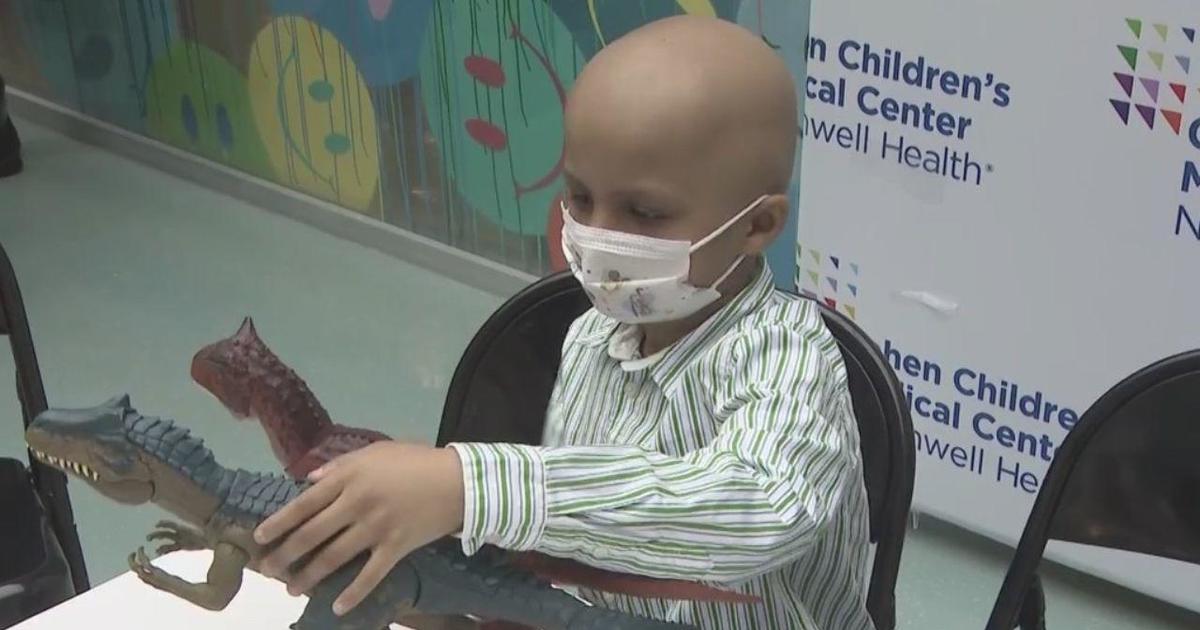Study: 1 In 4 Mice In NYC Full Of Drug-Resistant Bacteria
NEW YORK (CBSNewYork) -- A team of microbiologists have discovered something New Yorkers have known for a long time: The wild house mice that live here are gross, furry little bundles of disease with feet.
Nearly 1 in 4 mice running about New York City have potentially harmful, drug-resistant bacteria living inside them, according new findings from a Columbia University scientist and published in the journal mBio.
The year-long study of more than 400 mice collected from seven sites in Manhattan, Queens, Brooklyn and the Bronx found they carry bacteria responsible for mild to life-threatening gastroenteritis in humans, and some of these bacteria may be resistant to antibiotics.
"From tiny studios to penthouse suites, New York City apartments are continually invaded by house mice," says lead author Simon H. Williams, a research scientist at the Center for Infection and Immunity at Columbia University. "Our study raises the possibility that serious infections—including those resistant to antibiotics—may be passed from these mice to humans, although further research is needed to understand how often this happens, if at all."
One example comes from salmonella infections caused by food contaminated with animal waste, including mouse feces.
A second study in mBio found 36 viruses, including six new viruses, existing in mouse droppings.
Also discovered in the study, for some reason mice in Chelsea were heavier and carried more viruses than mice from other neighborhoods. The finding was reminiscent of a study published in December in which a Fordham University grad student team discovered Manhattan's "uptown" and "downtown" rats are genetically different, as are "West Village" versus "East Village" rats.
"New Yorkers tend to focus on rats because they are larger and we see them scurrying around in streets or subways; however, from a public health vantage point, mice are more worrisome because they live indoors and are more likely to contaminate our environment, even if we don't see them," said CII senior author Dr. W. Ian Lipkin.



